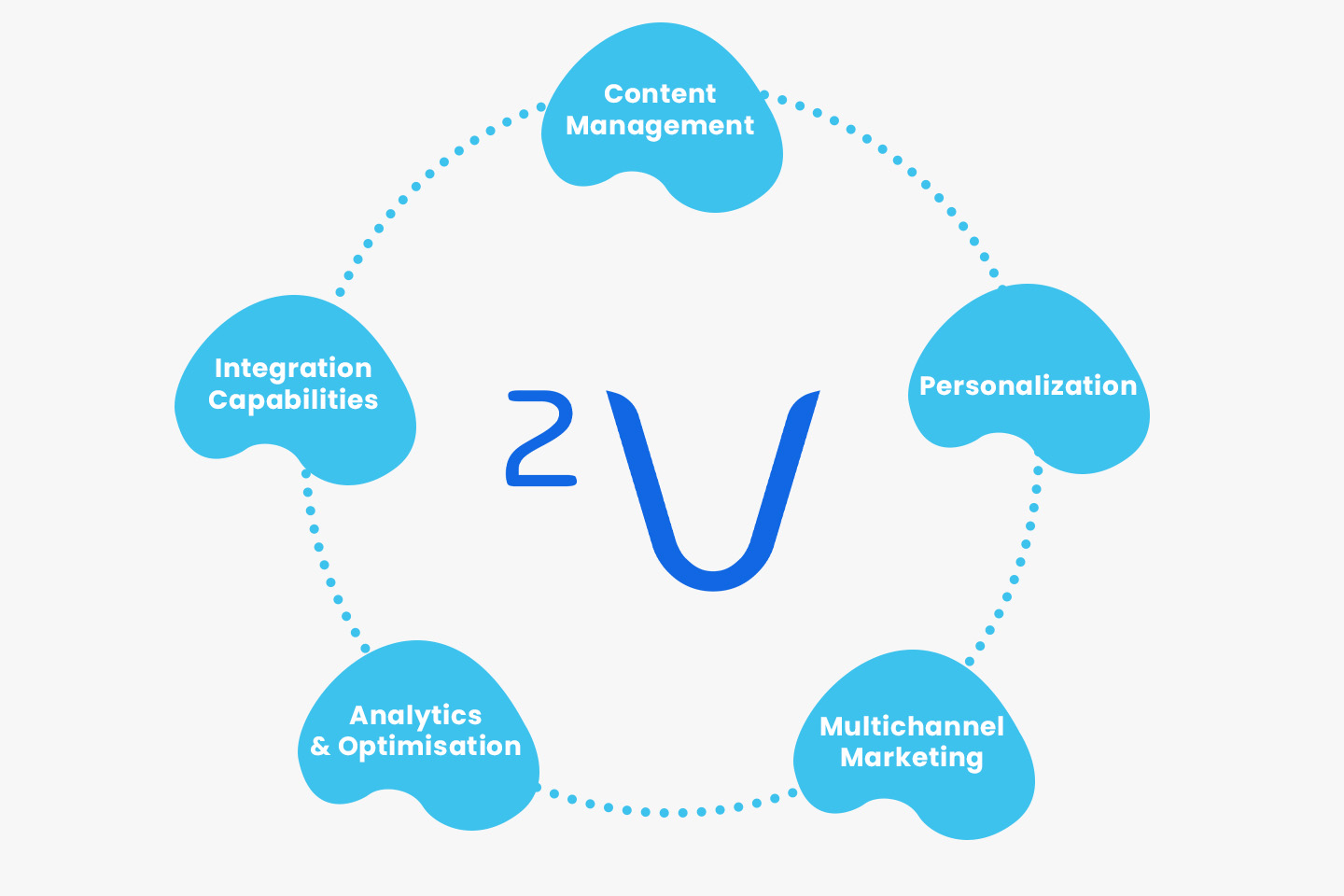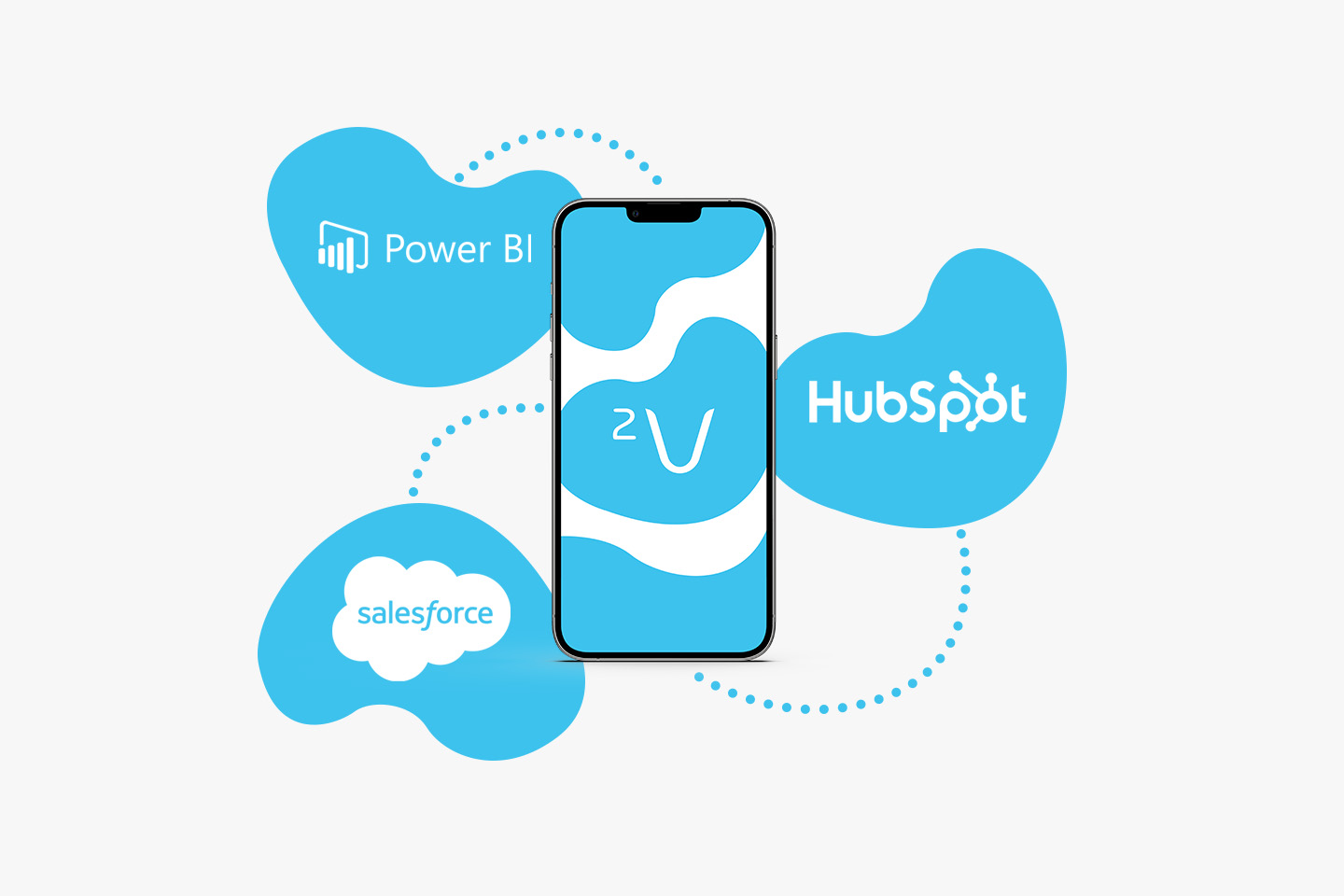In the swiftly changing digital landscape, the importance of delivering a seamless, engaging user experience cannot be overstated. At the heart of this transformative era lies the Digital Experience Platform (DXP), a technology that has evolved from a mere concept to an indispensable tool for businesses aiming to thrive in the digital age.
The Dawn of Digital Experience Platforms
The journey of DXPs began in the early 2000s, with the advent of content management systems (CMS) that allowed businesses to manage digital content with unprecedented ease. However, as digital technologies advanced and consumer expectations soared, the need for a more integrated, versatile platform became apparent. Enter DXPs, which offered a holistic approach to managing the myriad aspects of digital experiences across multiple channels and touchpoints.
The Shift to Holistic Digital Experiences
Unlike their predecessors, DXPs were designed not just to manage content but to deliver personalized, coherent experiences to users across various digital interfaces. This shift was driven by the growing recognition of customer experience as a critical competitive differentiator. Businesses began to understand that succeeding in the digital marketplace required more than just a strong online presence; it demanded a deep, data-driven understanding of customer needs and behaviors.
The Age of Integration and Personalization
Today, DXPs stand at the forefront of digital transformation, integrating technologies such as artificial intelligence (AI), machine learning, and analytics to offer personalized experiences at scale. They serve as the backbone of a company’s digital ecosystem, enabling seamless collaboration across marketing, sales, and customer service teams and providing a unified view of the customer journey.
The Impact of DXPs
The evolution of DXPs has had a profound impact on how businesses engage with their audiences. By leveraging a DXP, organizations can now deliver tailored content and experiences that resonate with individual users, driving engagement and loyalty. This personalized approach not only enhances the customer experience but also improves business outcomes by increasing conversion rates and fostering brand loyalty. Moreover, DXPs have democratized digital innovation, enabling companies of all sizes to adopt cutting-edge technologies that were once the preserve of tech giants. From small businesses to multinational corporations, organizations are now empowered to craft digital experiences that captivate and delight their audiences.
Looking Ahead
As we look to the future, the role of DXPs in digital strategy is set to grow even more critical.






